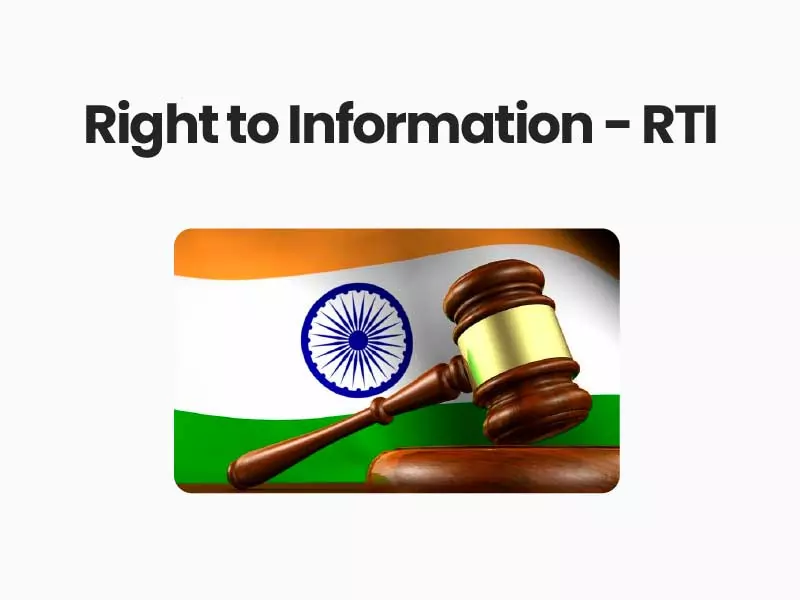Jahanvi Agarwal
Recently, the Punjab & Haryana High Court has criticized cryptic and non-speaking orders issued by authorities under the Right to Information Act (RTI Act).
The bench consisting of Justice Vikas Bahl was of the opinion that such ambiguous directions conflict with the objectives of the RTI Act and are also against earlier Supreme Court and High Court rulings.
According to the order, the first and second appellate authorities under the Act “have been passing cryptic and non-speaking orders in violation of the judgments passed by the Hon’ble Supreme Court and various High Courts as well as in violation of the mandate of the Act of 2005” in a significant number of cases.
The Court went on to say that while making decisions about whether or not to release information, the first and second appellate authorities under the RTI Act must specifically state the following requirements:
- the subjects for which the petitioner has requested information in his or her RTI Act application;
- a point-by-point response to the information requested;
- a categorical determination of whether or not any of the points’ information has been delivered, together with the date on which it has been provided;
- If the authorities take the position that information cannot be provided due to a restriction imposed by the RTI Act or for any other reason, this position should be documented, together with the decision made in response to the parties’ representations;
- whatever further observations that the authority thinks appropriate to record given the specifics of the case.
The Chief Secretaries of Punjab, Haryana, and the advisor to the administrator of Chandigarh were instructed to provide copies of this judgment to the RTI authorities for compliance.
Rajwinder Singh brought the case that led to the High Court’s ruling after the State Information Commission (SIC), Punjab, issued an order that offended him.
The High Court requested that the SIC shall re-examine the RTI appeal after learning that the initial verdict had been rendered without noting reasons.
The Judge stated that:
“The order ought to have been self-explanatory, and the justifications supplied shouldn’t have been boilerplate justifications. The same has not been done in this case, and the contested ruling is opaque and silent.”
The Court emphasized that the SIC is a quasi-judicial body authorized to issue reasonable directives. While sending the case back to the RTI authority, the Court made it clear that it had not reached a final decision about the issue’s merits.
Case Name: Punjab State v. Rajwinder Singh and Others
Diary Number: 17672/2023
Bench: Hon’ble Mr. Justice Vikas Bahl

